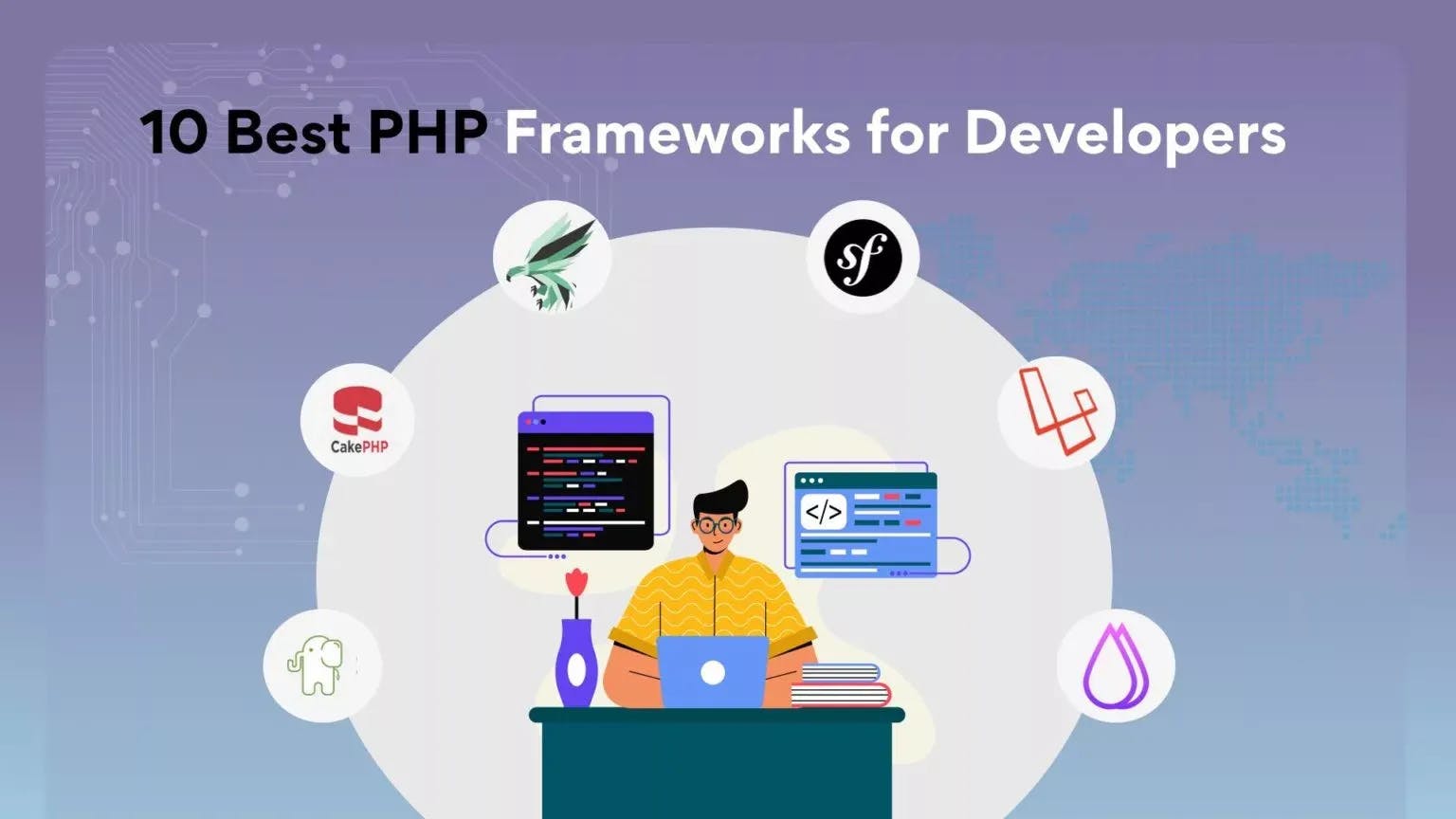Remote Back-end developer jobs
At Turing, our clients from top U.S. Companies are looking for back-end developers who have experience and expertise to manage external/internal inter-system connectivity and drive excellence in the organization. Here’s your chance to work with a highly talented, global team to engineer innovative solutions.
Find remote software jobs with hundreds of Turing clients
Job description
Job responsibilities
- Integrate front-end elements with server-side logic and functionalities
- Collaborate with product teams & engineering professionals (especially Front-end engineers)
- Optimize the platform for faster execution and solve scalability issues
- Implement security & data protection practices
- Experiment, design & build APIs, data storage solutions & other engineering projects
Minimum requirements
- Bachelor’s/Master’s degree in Computer Science or equivalent
- 3+ years of experience as a back-end engineer (exceptions made based on skill level)
- Fluency in back-end technologies like Node.js, Python, PHP, Java, Ruby, etc.
- Knowledge of server-side CSS preprocessors (LESS & SASS), SQL & SQL server
- Skilled in REST API design methodologies, session management, etc.
- Experience with automated testing platforms and code versioning tools such as Git
- Fluency in English to collaborate with engineering managers
- The ability to work full-time (40 hours/week) and a 4 hour overlap with U.S. time zones
Preferred skills
- Basic familiarity with front-end technologies (JavaScript, HTML5, and CSS3)
- Experience in database administration, scripting, data migration & backup, authorization
- Skilled in algorithms, data structures, time & space complexity, distributed systems, etc.
- Strong analytical and interpersonal skills
Interested in this job?
Apply to Turing today.
Why join Turing?
1Elite US Jobs
2Career Growth
3Developer success support
How to become a Turing developer?
Create your profile
Fill in your basic details - Name, location, skills, salary, & experience.
Take our tests and interviews
Solve questions and appear for technical interview.
Receive job offers
Get matched with the best US and Silicon Valley companies.
Start working on your dream job
Once you join Turing, you’ll never have to apply for another job.
Learn how to create a perfect resume
Turing.com lists out the do’s and don’ts behind a great resume
to help you find a top remote back-end developer job.

How to become a back-end developer?
Before we tell you how to become a back-end developer, let's take a quick look at how the back-end has become an integral part of the internet. The internet has gone through multiple upgrades. Before the '90s, it was more about sharing information visually. There was not much scope to collect user-generated data. Thanks to web development and web developers, we see this evolution of collecting data that provides a seamless experience for the users.
It doesn't stop there. While it's true that collecting data is a crucial part of the back-end, there is a lot more to depend upon a back-end developer. They are like the architects of software programs, who manage application program interfaces (APIs), maintain databases, and implement alterations that the end-user never sees.
While the front-end is the face or the performer who takes center stage, the back-end is the performer behind the scenes orchestrating the whole performance. In other words, the back-end is the backbone of the internet.
To get good remote back-end developer jobs, you need an impressive resume. A well-crafted resume helps you make a great first impression. Not only does it market your skills and caliber in the right tone, but it also furthers your chances of earning the opportunity to interview with the recruiter. Now, it is rather a daunting task to develop a resume that makes an immediate impact. So check out these useful tips on how to create a perfect Back-end developer resume to apply for remote back-end developer jobs
What is the scope in back-end development?
There is a huge demand for web developers as we see a rise in tech-based startups. Ease of accessibility is the need of the hour, and as a result, remote back-end developer jobs are on the rise.
Companies are dependent on remote back-end developers to take care of software scalability and security. The advancements of artificial intelligence and machine learning have opened doors for a new breed of entrepreneurs. These entrepreneurs are leaving no stones unturned to leverage the demand-supply gap. Hence, building more products means more opportunities for back-end developers.
What are the roles and responsibilities of back-end developers?
Back-end developers are responsible for managing data between the server and the users. It includes maintenance of the central database and the development of server-side logic.
Further, back-end developers also assist front-end developers in creating responsive websites. A responsive website is a website that provides a smooth user interface regardless of the screen size. The increase in mobile phone usage indicates more emphasis on responsiveness. As a result, remote back-end developer jobs also require developers to integrate the front-end elements. Therefore, a basic understanding of the front-end is also necessary for a back-end developer.
Back-end developers are a part of teams that consist of front-end developers, testers, product managers, and principal architects. These teams are responsible for collaborating and developing viable products for a specific industry.
There is a need for back-end developers to be passionate about coding. Although most of their work remains behind the scenes, they are the backbone of successful web-based apps. Hence, most back-end developers are exceptional logical thinkers determined to create impactful solutions.
As our dependency on technology increases, there is a high demand for remote back-end developers. Let's take a look at the responsibilities of remote back-end developer jobs listed on most of the job descriptions:
- Implementation of web architecture comprising of operating systems and servers
- Designing data storage solutions and managing databases
- Handling API requests
- Optimization of an application or a website
- Integration of front-end elements using server-side logic
- Building reusable codes and libraries for future use
- Troubleshooting performance bottlenecks and ensuring security and data protection
How to become a back-end developer?
With a knack for learning and perseverance, one can always apply for remote back-end developer jobs. A traditional computer engineering background guarantees you a chance to be a part of an organization as a back-end developer. The degree is known as a B.Tech comprising a four years Bachelor's program. BCA, which stands for Bachelors in Computer Applications, can also help you learn about the basics of coding.
However, there is a rise in independent organizations providing end-to-end support to software enthusiasts. So if you do not come from a technical background but have a strong desire to pursue a career as a web developer, such institutes can always be of help. Perhaps, you might have to work harder and learn the basics to delve into the mix. For individuals who wish to brush up on their existing knowledge, it is advisable to opt for a short course.
The two primary criteria for landing a high-paying remote back-end developer job are skillset and collaboration. Having a thorough understanding of back-end programming languages is essential to clear the initial stages of recruitment. If you want to grab the best jobs it is essential that you've made a back-end developer resume. It will help you show your skills and experience to employers.
If you are looking to find the skill set you need to become a successful back-end developer, we've got you covered.
Interested in remote back-end developer jobs?
Become a Turing developer!
Skills required to become a back-end developer
As a back-end developer, you should have a solid foundation in the programming languages like PHP, Python, Java, .Net, and Ruby. Apart from these languages, back-end developers should have good knowledge of Servers, Databases, and APIs. Let's take a look at each of these skills in detail:
1. Python
Python's architecture focuses on the concept of classes and objects, meaning it is an Object-Oriented Programming (OOP) language. Companies like Spotify, Uber, Instagram, and Dropbox have set up their back-end using Python.
Python is one of the most popular languages due to its simplicity in using frameworks and providing excellent data visualizations. Not only is it easy to use the syntax but also easy to learn the language. Thus, encouraging newcomers to master the language in no time. Indeed, strong Python skills are one way of getting back-end developer jobs.
2. PHP (Hypertext Preprocessor)
PHP is an open-source scripting language used for building dynamic websites and improving performance for an application. Unlike Python, PHP is used as a server-side language to interpret scripts or programming instructions. Companies like Hootsuite, Viber, and Facebook use PHP for their back-end. One of the commonly used functions of PHP is to collect and store user information securely.
Due to its built-in support for MySQL and familiarity with most web hosting servers, it is cost-effective. Back-end developers well versed with PHP appeal to have a versatile profile and a good understanding of web development. If you are looking for remote back-end developer jobs, make sure you are good with PHP.
3. Java
Much like Python, Java is also an Object-Oriented Programming (OOP) language. However, it has earned the reputation of not being a beginner-friendly and complex language. However, Java is regarded as the most popular programming language among developers due to its high convenience and security. Most of the e-commerce giants rely upon Java to build their back-end.
Java is capable of handling robust programming tasks and makes database connectivity and networking easy. Most of the in-demand back-end developer jobs require you to have Java skills on the tip of your fingers.
4. DBMS technologies
Every back-end developer needs to know about Database Management Systems. The ability to navigate and manipulate databases defines the expertise of a back-end developer.
There are two types of databases in use - SQL and NoSQL. SQL allows developers to create new tables and store procedures in a database. To navigate through a relational database, insert, delete or file queries, SQL is a must. NoSQL stores data differently than relational databases and is capable of storing relational data. With NoSQL, there is no need to structure the data beforehand.
5. Application Programming Interface (APIs)
API is the medium that enables data transfer. They are the mediators between the back-end and databases to acquire the user data. APIs allow different servers, clients, and users to communicate on the internet. JSON and XML are the two most commonly used API formats. Every back-end developer should be able to transfer data via APIs.
6. Algorithms and Data Structures
As a back-end developer, you must have the ability to solve complex problems using logic. As a result, a strong understanding of algorithms and their functionality sets you apart from the crowd. Every back-end developer must have a firm grasp on quick sorting, bubble sorting, selection sorting, searching, and iterative algorithms.
If you are looking for a seamless career trajectory, it is inevitable for you to have your data structure knowledge in place. Hashmap, hash tree, array operations, list functions are a few of the data structures every back-end developer should know well. Learning about data structures gives you the foundation to access and modify data in programming, making your job effective and easy.
So if you are passionate about programming and interested in building cutting-edge technologies, back-end developer jobs are the most suitable for you. With efforts, training, and sheer perseverance, you can become one of the best back-end developers every organization needs.
Interested in remote back-end developer jobs?
Become a Turing developer!
How to get remote back-end developer jobs?
Becoming a developer is highly rewarding. However, one needs to have a thorough understanding of the programming languages. It is recommended to practice till you get it perfect. Moreover, having a vision of the product is also essential to be in sync with the team. Good communication skills help to collaborate with team members and prioritize work as per the long-term plan.
To help your search for finding a remote back-end developer job, Turing has made things a little easier for you. Turing offers the best remote back-end developer jobs that suit your career growth as a back-end developer. Join a network of the world's best developers & get full-time, long-term remote back-end developer jobs with better compensation and career growth.
Why become a back-end developer at Turing?
Elite U.S. jobs
Long-term opportunities to work for amazing, mission-driven US companies with great compensation.
Career growth
Work on challenging technical and business problems using cutting-edge technology to accelerate your career growth.
Exclusive developer community
Join a worldwide community of elite software developers.
Once you join Turing, you’ll never have to apply for another job.
Turing's commitments are long-term and full-time. As one project draws to a close, our team gets to work identifying the next one for you in a matter of weeks.
Work from the comfort of your home
Turing allows you to work according to your convenience. We have flexible working hours and you can work for top U.S. firms from the comfort of your home.
Great compensation
Working with top U.S. corporations, Turing developers make more than the standard market pay in most nations.
How much does Turing pay their back-end developers?
Turing helps you suggest a salary range that helps you to settle for a fruitful and long-term opportunity. Most of our recommendations are an assessment of market conditions and the demand set by our clients. However, at Turing, we believe in flexibility. Thus, every back-end developer is eligible to fix their salary range as per their skills and expertise.
Frequently Asked Questions
Latest posts from Turing
Leadership
Equal Opportunity Policy
Explore remote developer jobs
Based on your skills
- React/Node
- React.js
- Node.js
- AWS
- JavaScript
- Python
- Python/React
- Typescript
- Java
- PostgreSQL
- React Native
- PHP
- PHP/Laravel
- Golang
- Ruby on Rails
- Angular
- Android
- iOS
- AI/ML
- Angular/Node
- Laravel
- MySQL
- ASP .NET
Based on your role
- Full-stack
- Back-end
- Front-end
- DevOps
- Mobile
- Data Engineer
- Business Analyst
- Data Scientist
- ML Scientist
- ML Engineer
Based on your career trajectory
- Software Engineer
- Software Developer
- Senior Engineer
- Software Architect
- Senior Architect
- Tech Lead Manager
- VP of Software Engineering










